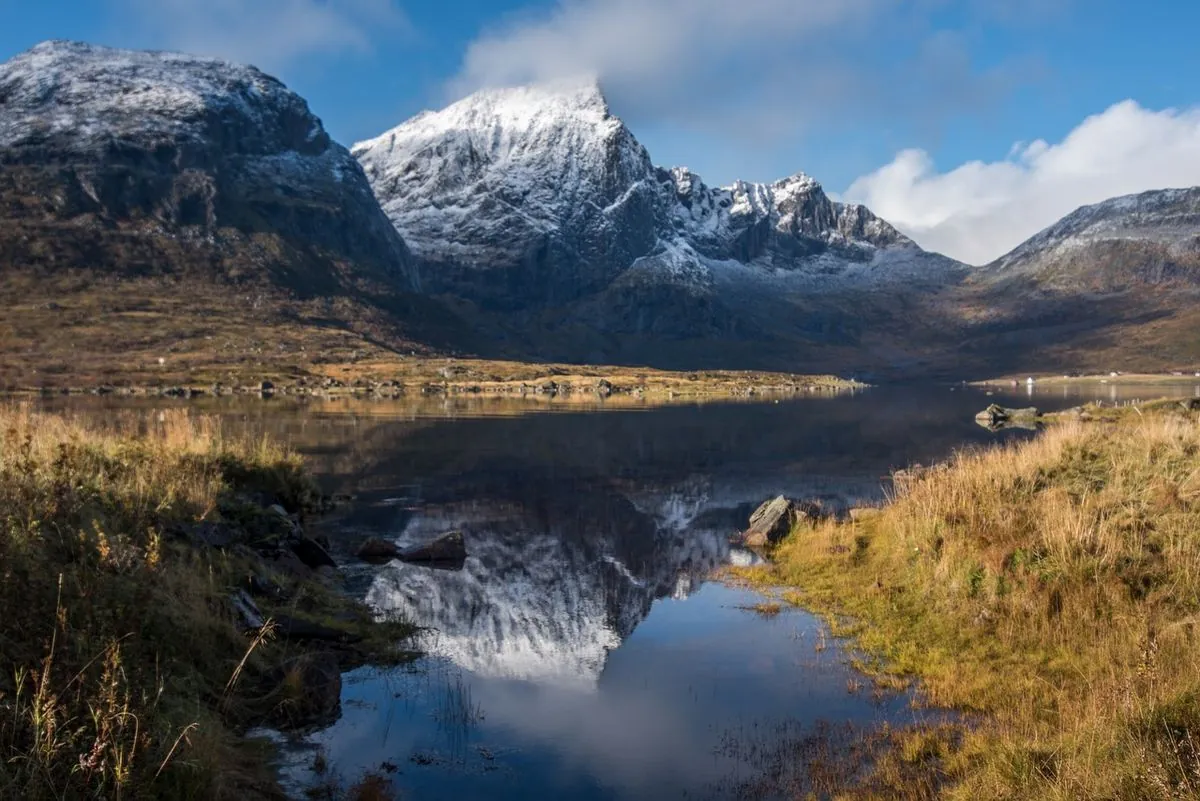Scottish Highlands to Implement Tourist Tax, Aiming for £10m Annual Revenue
The Scottish Highlands plan to introduce a tourist tax from April 2026, targeting £10m yearly revenue. The levy will apply to overnight visitors and cruise ship passengers, raising concerns about tourism competitiveness.

The Scottish Highlands, renowned for its breathtaking landscapes and rich cultural heritage, is set to implement a tourist tax starting April 2026. This initiative, proposed by the Highland Council, aims to generate approximately £10 million annually to support local infrastructure and services.
The tax will apply to overnight visitors staying in various accommodations, including hotels, bed and breakfasts, campsites, and holiday rentals. Additionally, cruise ship passengers docking in Highland ports will face the levy from 2027. This move follows the Scottish Parliament's decision to grant local authorities the power to introduce such taxes based on a fixed percentage of accommodation costs.
The Highland Council, governed by a coalition of the Scottish National Party and Independents, intends to reinvest the collected funds into improving essential infrastructure. This includes enhancing roads and public facilities, which are crucial for sustaining the region's tourism industry. Ken Gowans, a council member, emphasized the importance of the levy in maintaining and developing services that the tourism sector relies upon.

The Scottish Highlands, covering 25,657 square kilometers (33% of Scotland's land area), is the largest local government area in the UK. It boasts iconic attractions such as Ben Nevis, the highest peak in the British Isles, the mysterious Loch Ness, and the northerly John o' Groats. In 2022, the region welcomed approximately 6.8 million visitors, contributing £1.6 billion to the local economy.
However, the proposed tax has raised concerns within the tourism industry. Marc Crothall, chief executive of the Scottish Tourism Alliance, expressed apprehension about the potential impact on the region's competitiveness as a destination. He highlighted the existing cost burdens faced by visitors and warned of reaching a "price tipping point" that might deter both domestic and international tourists.
"We continue to urge caution around introducing a scheme and how implementation is progressed. Significant concerns remain, particularly around the percentage rate that will be charged to visitors."
The implementation of tourist taxes is not unique to the Highlands. Other Scottish cities, including Edinburgh, Glasgow, and Aberdeen, are also developing similar plans. This trend extends beyond Scotland, with various European countries already employing such levies. In England, while local councils lack direct authority to impose tourist taxes, some areas have found alternative methods. For instance, Manchester introduced a £1.40 tax in 2023 through a Business Improvement District scheme.
It's worth noting that tourism plays a vital role in the Highland economy, supporting approximately 25,000 jobs. The region is known for its diverse attractions, including 47 whisky distilleries, five National Scenic Areas, and several UNESCO World Heritage Sites. The Highlands have also gained popularity as filming locations for productions like "Harry Potter" and "Outlander."
As the Highland Council moves forward with its plans, a three-month consultation period is scheduled for later this year. This will provide an opportunity for stakeholders to voice their opinions on the levy's implementation and the allocation of the generated funds. The outcome of this consultation will be crucial in shaping the final form of the tourist tax and its potential impact on the future of tourism in the Scottish Highlands.


































